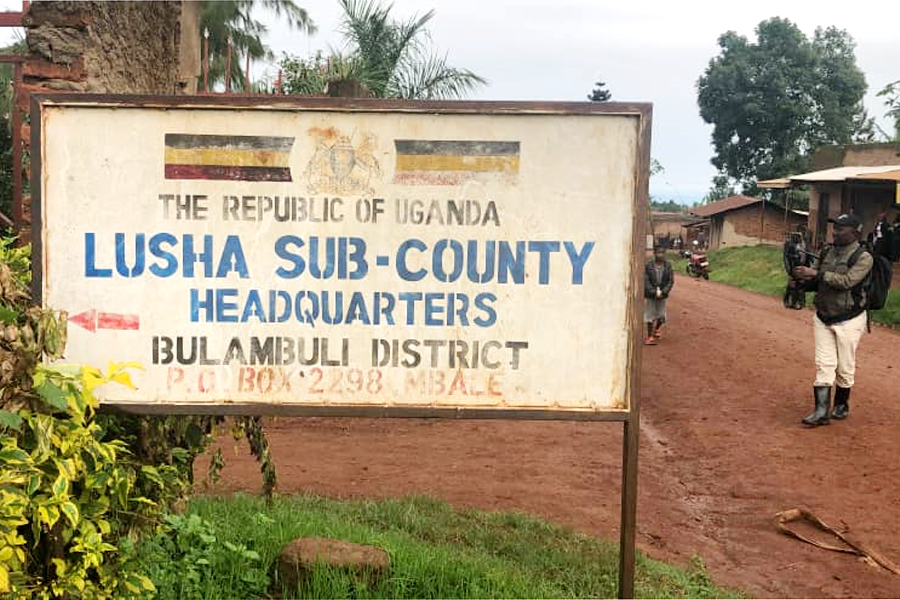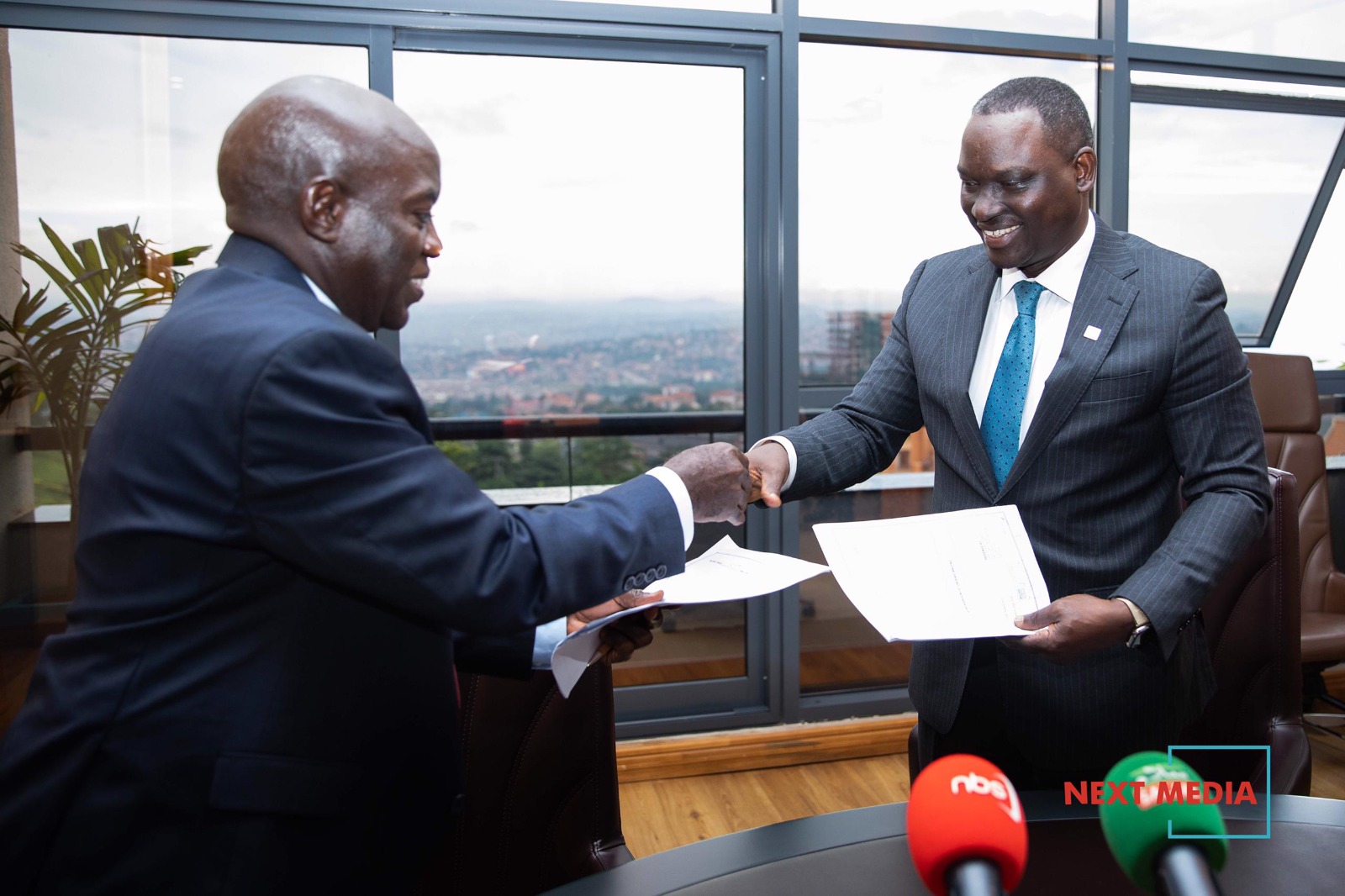Is government digging own grave by cutting public expenditure?
Initially, the creation of these semi- sovereign bodies in government was to implement key reform recommendations and also help oversee the newly liberalized economy. rn
Before we knew it, rather than reduce the size and scale of the state, liberal reform in Uganda actually increased the resources available to the state and therefore helped establish the very politics of patronage it aimed to curtail.
This is not the first time Museveni is concerned about the mushrooming semi-sovereign bodies.
On May 21, 2002, the minister of Finance, Planning and Economic Development then, Gerald Sendawula, gave a spirited appeal at a public expenditure review workshop to put in place “stronger controls over the expenditures of public administration.”rn
Later, Museveni appointed a committee of experts to study the problem.
The committee wrote a report on how public administration budgeting can be made more effective. No ‘effective’ action has been taken since.
Actually more state agencies or semi-agencies have been created.
In 2003, the governor of the central bank, Emmanuel Tumusiime-Mutebile made yet another speech calling on government to reduce the fiscal deficit, which apparently was being driven by ever increasing public administration expenditure and thereby increasing inflationary pressures.
At the time, President Museveni seemed concerned but no measure was taken to control this problem
Over the last 15 years, public administration spending has exceeded its budget allocation.
The budget for public administration has grown rapidly over the years at an average annual rate of 16%.
The question is: Is Museveni capable of acting now?
The answer is: Even though the high cost of public administration in Uganda is economically destructive, it is politically functional.
It works for NRM. The state in Uganda avoids paying the political price of its economic folly because a large influx of foreign aid to the government acts as a subsidy to its economic irrationality.
The embryonic size of public administration expenditure allowed the NRM to integrate a huge number of elites into the structure of state spending.
In the process, the government was able to crowd the opposition out of the market for political elites.
More than its desire for militarism, it is the ability to buy large sections of the elite using state jobs that has significantly weakened opposition politics in Uganda.
Can any government organize its own political funeral by letting go of the very instruments of socio-economic and political control?
At least not NRM.
So if public administration expenditure is not about to come down, where does the story lead us?
In the long term, economic foundation of the NRM’s political survival will be undermined.
This is because it diverts huge resources to finance today’s consumption at the price of long term investment in infrastructure, policies and institutions that can ensure long term growth.













